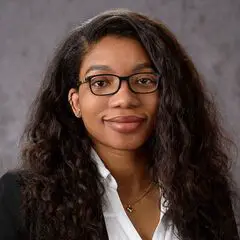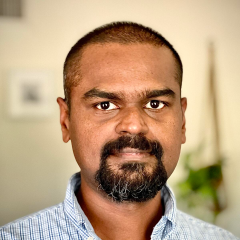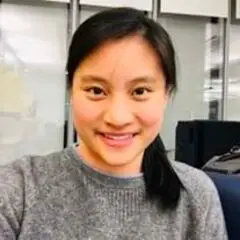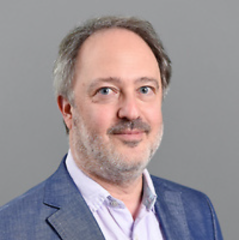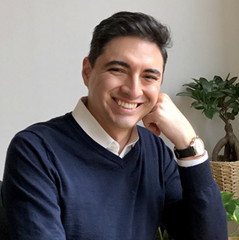Launched in April 2023, the Artificial Intelligence and Society Fellowship is a postdoctoral research and training program developed to address the growing need for scholars who are trained at the intersection of AI and societal impact. Offered in collaboration between Arizona State University’s School for the Future of Innovation in Society and The New York Academy of Sciences, the AI and Society Fellowship integrates technical AI research with perspectives from the social sciences and humanities to produce multidisciplinary scholars, thought leaders and public figures equipped to shape the future of AI innovation, research and policy in ways that advance the public good.
Fellows are mentored by faculty in ASU’s College of Global Futures and Ira A. Fulton Schools of Engineering, among other units, and engage in professional development and service-learning through NYAS’ specialized programming. They participate in internships with public, private and non-profit partners, and pursue cutting-edge research that contributes to a deeper understanding of AI’s societal implications.
Fellows also teach FIS 494 / HSD 598: AI & Society: Ethics & Impact, a course that explores how to use artificial intelligence (AI) for socially responsible innovation, with consideration toward societal implications, the needs of special populations, health-related applications, and adherence to ethical principles. With rising AI use and technical proficiency, the aim of this course it to equip students with the opportunity to further knowledge related to Responsible Innovation, Principled Innovation, and the use of AI technologies.
They split their time between ASU's historic Tempe campus, NYAS in NYC, and local partner sites.

